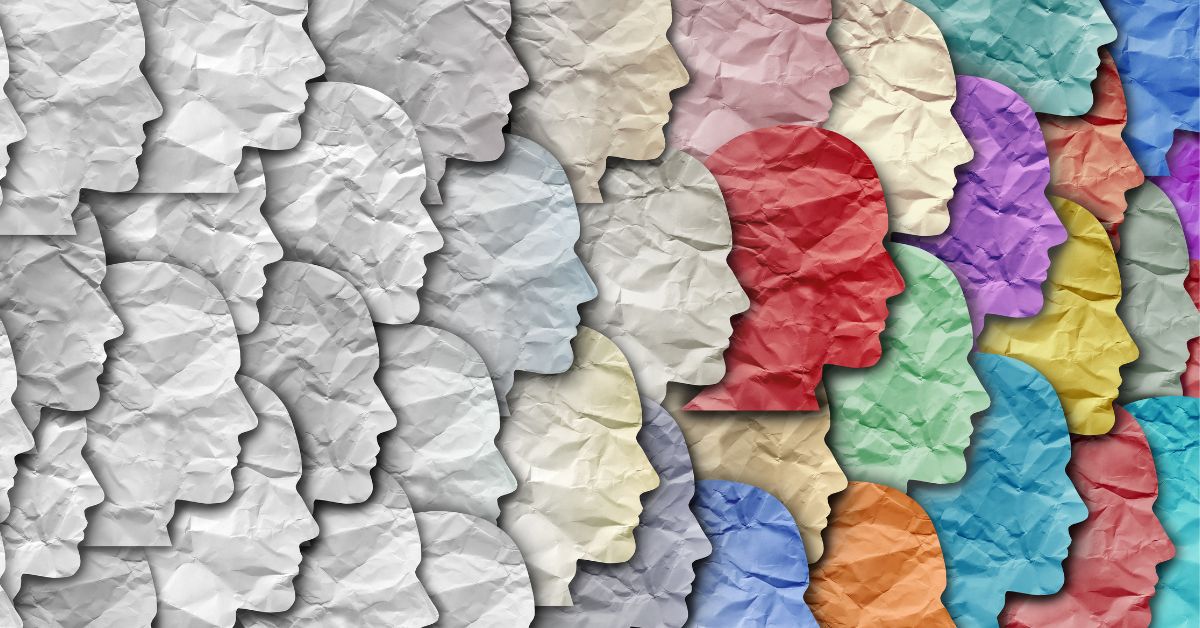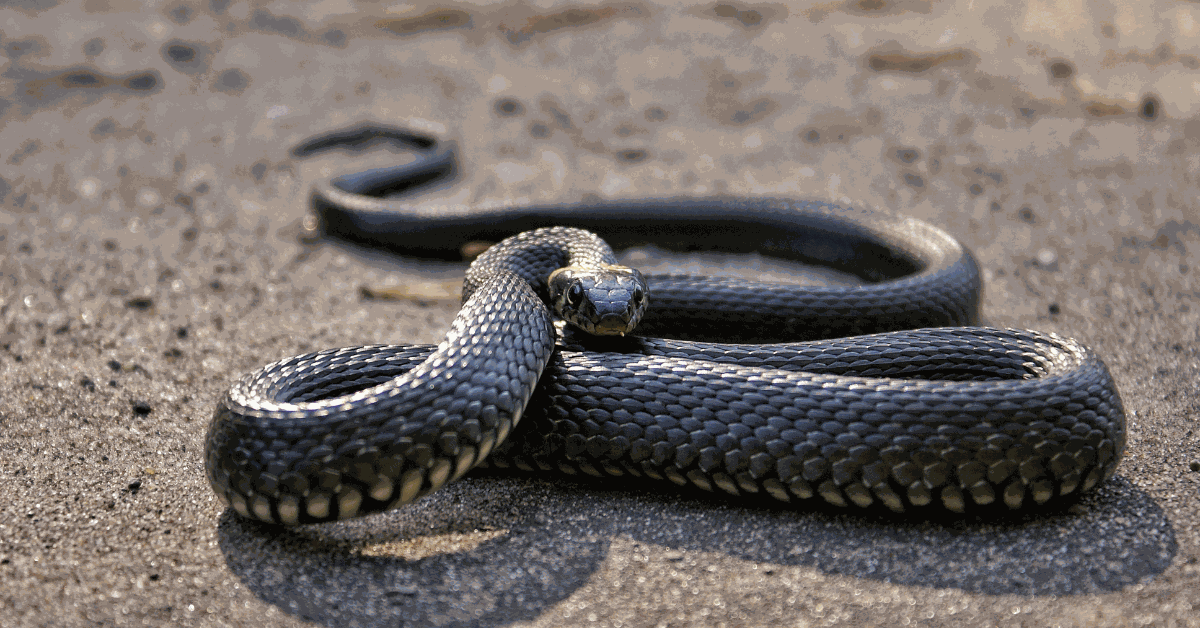Demographics are just the tip of the iceberg when it comes to jury profiling. While it’s often the easiest metric to identify, it’s not something on which trial attorneys should base their decisions. Instead, trial attorneys should learn about a juror’s experiences, attitudes, and beliefs and treat voir dire more akin to a focus group to dig deeper into juror responses.
Jury profiling is greatly improved when trial attorneys can get potential jurors talking. As the jurors explain and express their beliefs and attitudes, trial attorneys can better ascertain whether or not they are good jurors for their side. It’s most beneficial for trial attorneys to take the time to dig into juror responses and the details in their answers as much as feasible.
Courtroom Sciences’ jury consulting services apply a psychometric methodology to assess juror profiles in voir dire fully. Our scientific approach to juror assessment helps trial attorneys learn about pre-existing biases and help compose the optimal jury to achieve superior litigation outcomes.
How can an attorney uncover what a potential juror is thinking?
An attorney can better discover what a potential juror thinks by conducting voir dire more akin to a focus group. When attorneys conduct jury selection this way and take the time to ask probing questions, they can better uncover a potential juror’s attitudes, beliefs, and experiences to help them ascertain whether or not they are a good juror for their side.
Demographics are Not Predictive of Juror Behavior in and of Themselves
Despite trial attorneys all too frequently using demographics to pick juries, they are notoriously not predictive of juror behavior, verdict outcomes, or damage amounts. Additionally, there tend to be many commonly held beliefs and stereotypes regarding these demographics, such as assuming that someone who is an engineer will naturally lean toward the defense. Practically, these stereotypes are nothing more than myths. Two people of the same race, job, and age will likely come to different conclusions regarding a case based on their personal beliefs, experiences, and attitudes.
Rather than demographics, attitudes, beliefs, experiences, and personality types more accurately predict and influence juror behavior. Certainly, demographics and other factors can play into these people’s potential path and can be a starting point for juror profiling. However, blindly leaning on demographics alone will be a very poor predictor of the actual verdict.
Conducting Voir Dire More Akin to a Focus Group
Often during voir dire, trial attorneys will ask short questions without probing. Some examples of these questions are:
● Can you be fair and impartial?
● Who here thinks of themselves as a sympathetic person?
● Who here thinks that big corporations are bad?
While attorneys will note how jurors respond, there are no follow-up questions to learn more information. What would better serve the trial attorney for juror profiling purposes is if they looked at voir dire as something more closely related to a focus group.
One of the reasons it becomes important to run voir dire similarly to a focus group is that while there will always be people who feel comfortable talking in public spaces, others will be quiet. They will sit in the back, not say anything, and hope to hide. It’s not that these quiet potential jurors have nothing to say; it may simply be that they are just afraid to talk, which shouldn’t be surprising as many people often rank public speaking as their number one fear.
Therefore, the trial attorney’s job is to draw these people out and force them to talk. When a trial attorney is running voir dire like a focus group, it becomes likely that more people will start to feel comfortable, and even those who tend to be quiet will become more vocal. That’s where it becomes important for the trial attorneys to start listening as the potential jurors begin to provide them with more information. Otherwise, if attorneys only ask short questions, it will likely not make most potential jurors comfortable enough to voice their opinions.
Take the Time to Ask Probing Questions
Far too often, trial attorneys leave juror responses alone that are problematic, harmful, or called for a cause strike. The potential juror may raise their hand when asked if they have a sympathetic personality. Rather than asking additional questions, the trial attorney may simply thank them for their answer and move on to the next question.
Trial attorneys should not be afraid to ask follow-up or additional questions. This is the time for the trial attorney to continue to probe more, getting the juror to explain their thoughts and beliefs. Only by asking more questions can the trial attorney gain the information needed to help ascertain whether a juror might be favorable or unfavorable. Once again, trial attorneys will benefit if they can think of themselves as focus group facilitators, not just someone who is there to ask short, close-ended questions.
While asking these probing questions, trial attorneys should remember that jurors may also be inclined to give attorneys more socially desirable answers. When asked difficult or sensitive questions, jurors may try to deliver responses that make them sound better, offering half-truths if they know their full opinion may reflect poorly on them. A supplemental juror questionnaire that allows for responses that are not seen by the other potential jurors may offer additional insight to the attorney and should be used whenever feasible.
Don’t Underestimate the Importance of Conducting Background Research
To be as fully informed as possible on potential jurors, it’s prudent for trial attorneys to conduct background research before voir dire. A variety of services can compile financial records, criminal histories, and social media postings, in addition to other types of information, to help attorneys elicit more information to form a complete view of the jurors. This may be particularly beneficial in situations where voir dire may be limited or the judge will lead voir dire.
Courtroom Sciences knows that a juror’s belief systems, attitudes, and emotions are the factors most likely to predict the outcome at trial. Our Ph.D.-level psychology professionals deliver the most predictive jury assessment programs, helping trial attorneys uncover pre-existing biases to compose the optimal jury. Speak with one of our experts to get started.
Be confident in achieving superior litigation outcomes. CSI has the expertise, track record, and capabilities to help you win.



